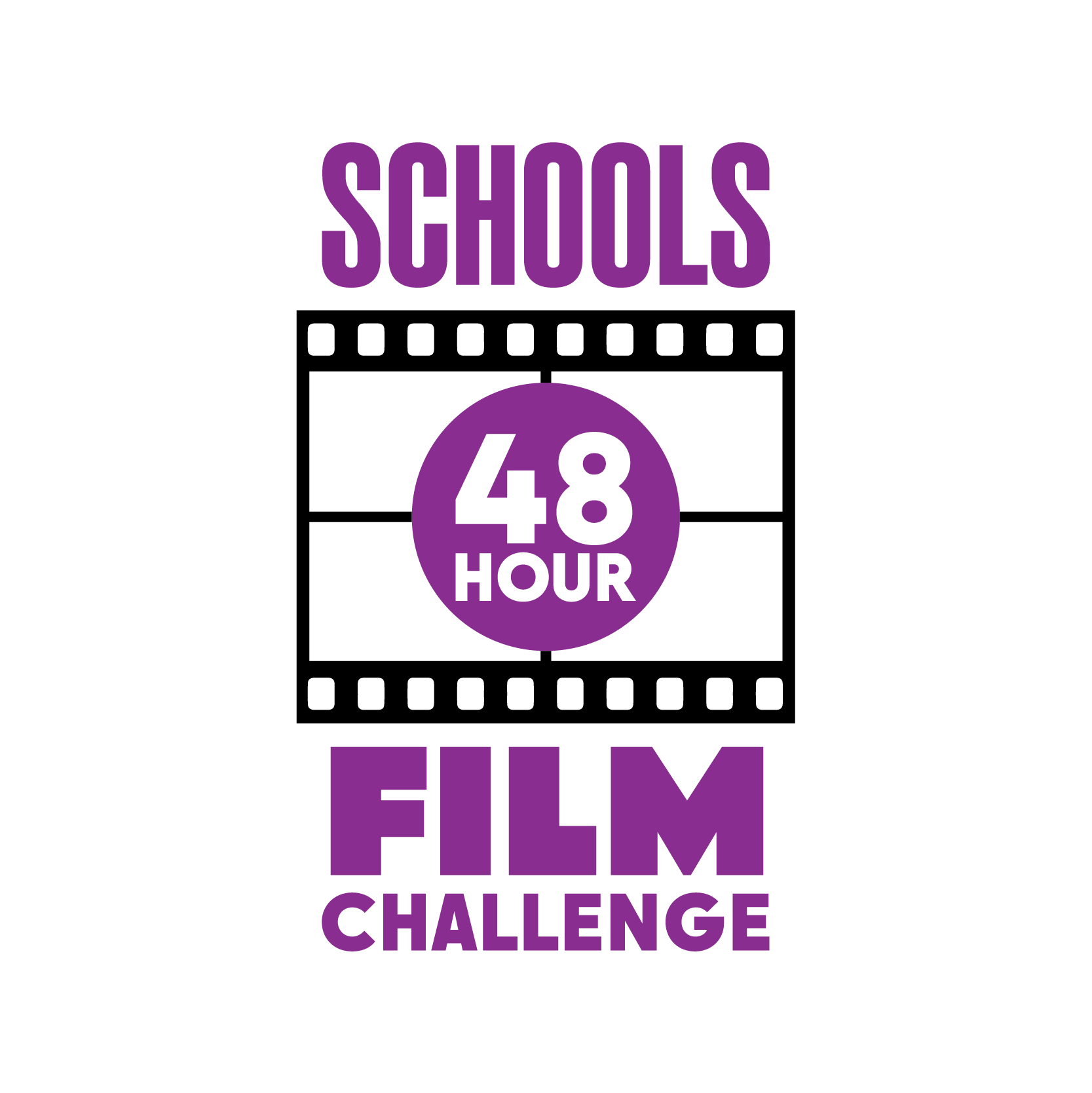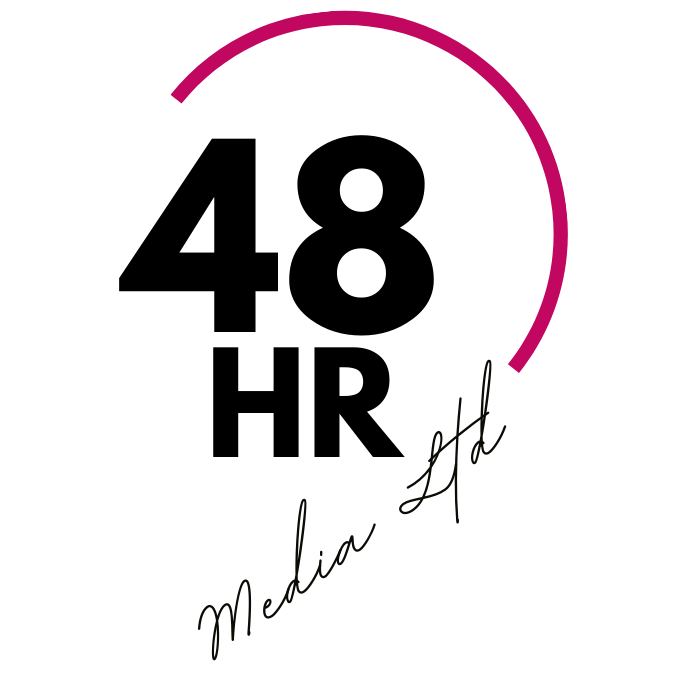
5 Golden Tips
Unlock the secrets to exploring your interest in a film related career! Our network of industry professionals has kindly provided their exclusive 5 golden tips for aspiring individuals looking to enter their specific areas of the screen industries.
Catherine Johnson
British playwright and screenwriter
Best known for writing the play and screen play for the ABBA-inspired musical Mamma Mia!, as well as co-writing the sequel Mamma Mia! Here We Go Again. She is a prolific writer and inspiration.
Catherine has been a much valued supporter of the film challenge since it began 2020.
IMDb profile
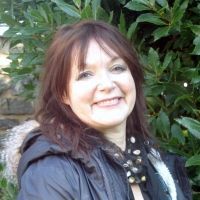
Tip One
Surprise your audience (and yourself)
Tip Two
Write about something or someone you are passionate about - your enthusiasm will hook your audience in.
Tip Three
For the film challenge, use the prop, the dialogue and the character with intention.
Tip Four
Write to your strengths - visuals, humour, dialogue etc.
Tip Five
Aim for a strong beginning and ending if you don't have much time.
Kecia Y Watts
Senior Producer A+E Media Group
A TV producer with a remarkable history of working in TV, Video and Post production in the US.
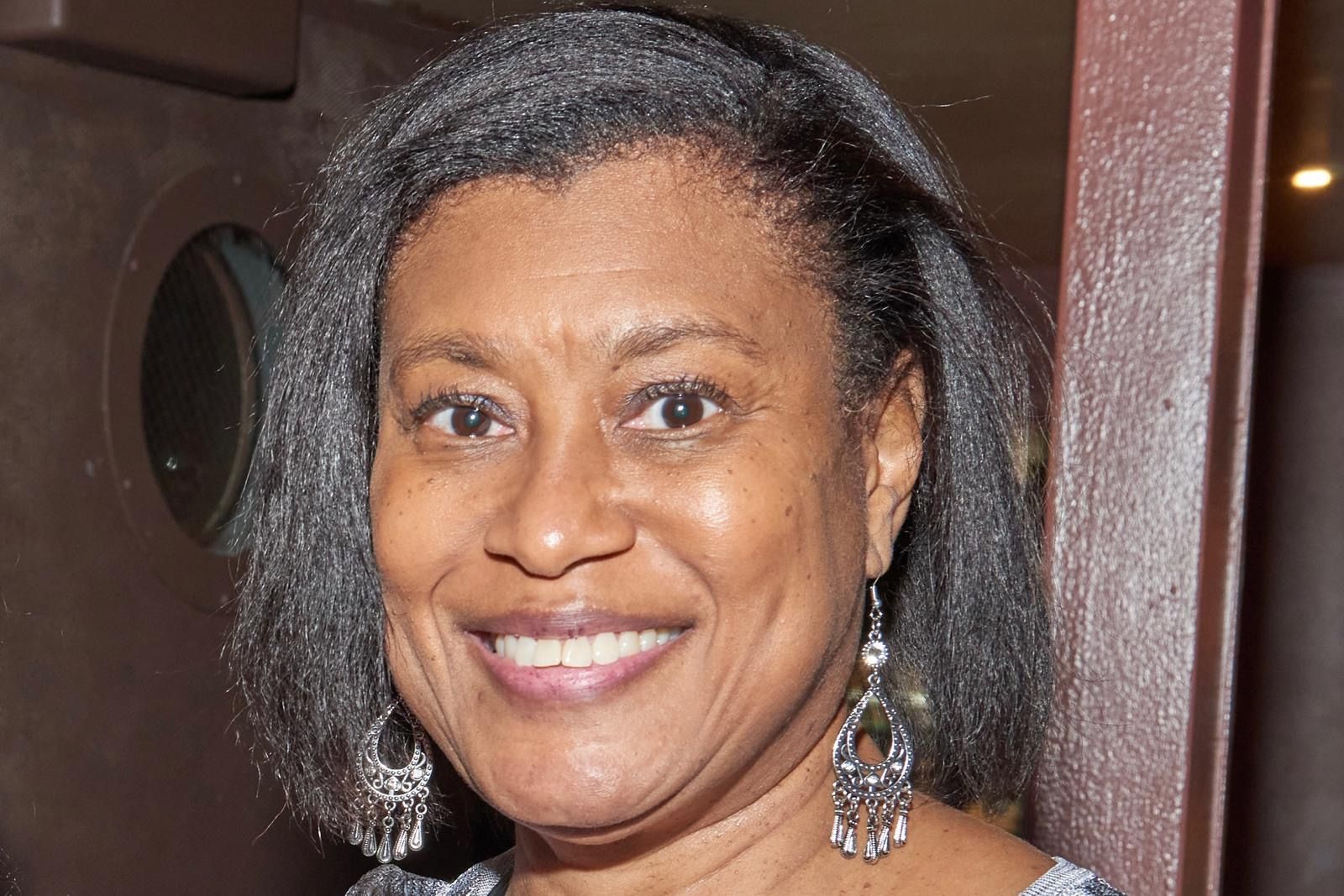
Tip One
Learn Desktop Editing software
Tip Two
Hone your writing skills
Tip Three
Know your audience
Tip Four
Follow industry news and trends
Tip Five
Cultivate professionsal relationships
Floyd Hughes
Storyboard artist & Professor at the Pratt Institute Brooklyn US
A celebrated artist in the screen industries, his impressive credits include work on films like Highlander and Hellraiser, illustrations for top comic publishers such as Marvel and DC, and storyboards for hit movies from US Oscar winner Spike Lee
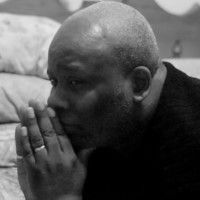
Tip One
Get experience wherever you can.
A quick, smart, inexpensive way of practicing your storyboarding skills is to do a music video.
The music provides the sound, so you don’t have to worry about that, and they usually don’t run for more than 3 minutes or so.
Think of a few excellent, interesting visual sequences and find the appropriate song, or vice-versa.
Tip Two
Hone your skills by storyboarding a short story, a music video, or come up with an interesting sequence. Try to find something that has not been done yet to avoid being influenced by it, or if it has been done, come at it from another direction/perspective,
Any genre, it really doesn’t matter. Your job is to do something that is visually engaging, and above all interesting.
Always ask yourself, “What if I tried it from this angle?”.
Tip Three
Look any and everywhere for a good visual narrative, especially sequential. That includes, television shows, tv commercials (Ridley Scott's early efforts are landmarks in storytelling),
Comic books, plays and even animation ( Darren Arnofsky and cinematographer Matthew Libatique are heavily influenced by anime director Satoshi Kon).
Tip Four
Watch films with good pacing. You will often find that it's not just the flashy, stylish directors who tell a story well. It’s all well and good to like Tarantino, both Spikes, Hitchcock, Lynch, etc., but good storytelling should be your first priority.
Look at the later Cohen Brothers films, Sidney Lumet, John Frankenheimer, etc.
Look at the great cinematographers like Roger Deakins, Geoffrey Unsworth, directors of photography of great noir films, etc. All of this will influence your choices.
While the talented director Sophia Coppola does not use storyboards, preferring to make her directorial decisions in the live space, she is a rarity.
Tip Five
You don’t have to produce great artwork to produce effective storyboards. Elaborate storyboards, often called ‘showboards’ tend to be more for the purpose of selling a product and impressing potential backers, and more recently for the ‘making of ‘ art books that often accompany big budget movies. A great storyboard can even be produced from stick figures.
I wouldn’t advise it, though.
Tasha Williams
Producer & designer who's films have screened at OSCAR & BAFTA qualifying festivals across the world. She is an alumni of the BFI Creative Producers Lab 2022 and has produced short films that have been funded by the likes of BFI Network & BBC Arts.
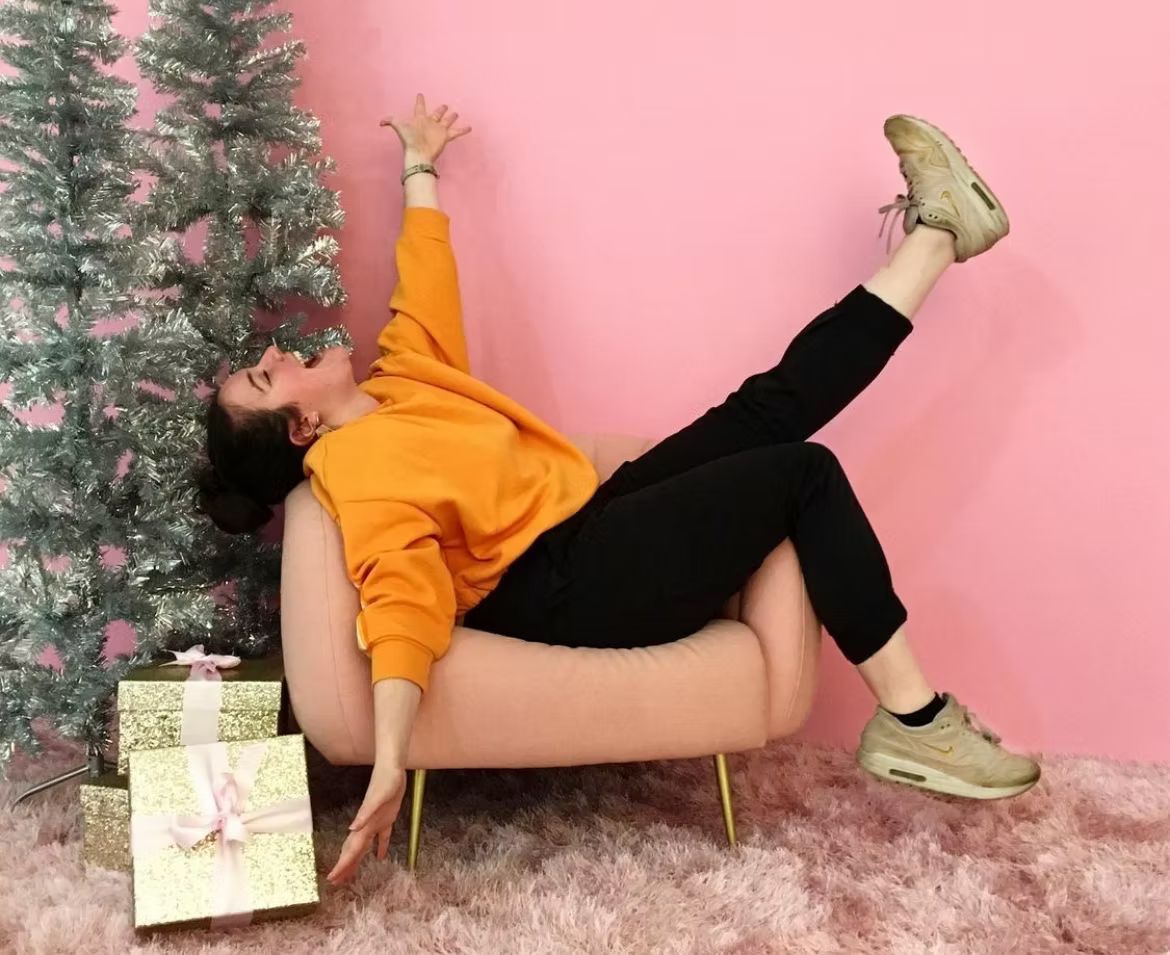
Tip One
Try lots of things.
If you know you’re interested in working within the film industry, but you’re not sure where to start, try out lots of different things. There are many avenues you can work within the film industry, so it’s always a good idea to start with the basics - find things you enjoy doing and see which area fits you best. For example, if you like working with cameras, the camera department might be for you? Or if you like crafting stories, perhaps you might want to be a writer? I personally loved the creative side of film and tinkering with a story, but I also enjoyed being organised and pulling together a team of people to bring the story to life, so I found producing the best fit for me!
Tip Two
Make things!
It sounds simple, but just having a go and making a film is the best way to learn. Filmmaking is all about being practical, so don’t be afraid to put yourself out there and have a go at filming something. It could be a simple 30 second clip, or a full short film. The main thing is to not let the idea of it overwhelm you and just have a go at it. Don’t be embarrassed to put yourself out there.
Tip Three
Find people you like to work with.
Filmmaking is a very collaborative experience, and stems a lot from the connections you have with other people. Finding people you get on with, trust, and like to work with is a big part of the job. Filmmaking is rarely a solitary experience, so learning to work with other people and to trust them to bring the vision to life is integral. This could be as simple as bringing a group of friends together to shoot a film with you.
Tip Four
Watch films
It sounds like an obvious one, but it’s one of the most important ones. Watching films and TV is a great way to discover what stories you enjoy, and in turn what stories you might like to tell. If you watch them more critically, it also helps you understand how a film is structured, the narrative devices used, and how to pace a film to make it engaging.
Tip Five
Try to find your style/voice.
Having a style or voice within the film industry can often be a hard one to pin down, but you want to choose projects/stories that you really resonate with and feel personal to you. For example if you find most of the films you love are horror films, maybe you want to have a go at writing a horror film? You don’t need to pin it down right away, but it’s good to try and lean towards things you actually enjoy and care about.
Debs Eden
Senior Executive Assistant to
Col Needham, Founder and Executive Chair of IMDb.
Also a mentor at University of Plymouth and the Amazon Mentoring Programme.
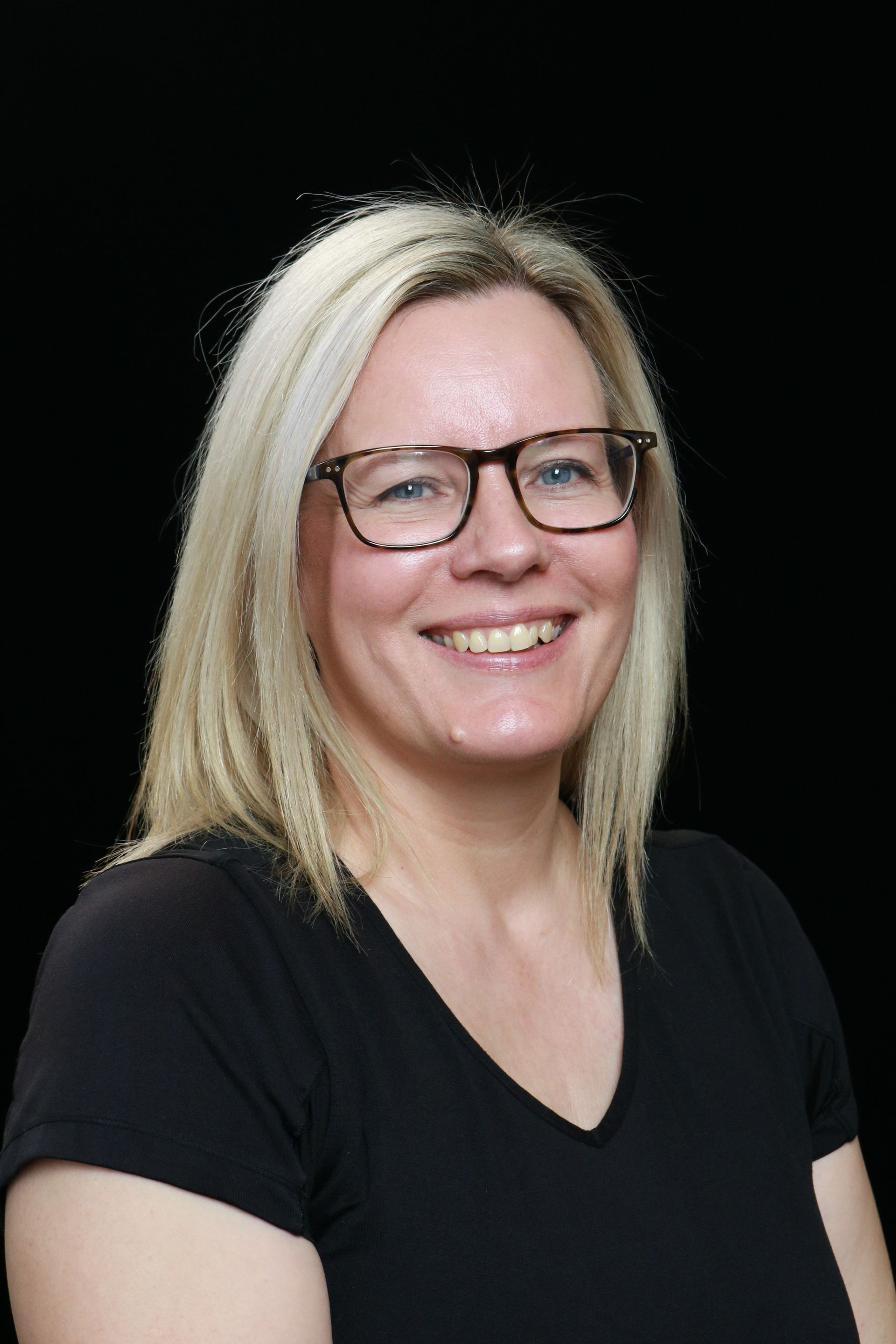
Tip One
Be passionate about films – watch films, discuss films, critique films – and always watch right through to the end, including the credits.
Tip Two
If you have a particular passion for a genre – become an expert in that genre
Tip Three
Network – put in the effort to keep in touch with people, use LinkedIn, write follow-up notes, etc.
Tip Four
Put yourself out there and be visible – write blogs, post on Instagram, comment on the work of others, join groups
Tip Five
Remember that a lot of movie businesses are actually tech businesses – IMDb is certainly a tech business first – so take any opportunity to learn coding, AI, etc
Extra tip: never give up – everyone has to start somewhere 😊
Dominic Stabb
Film and TV Editor
Dominic has over 20 years editing experience.
I love crafting the story, and shaping those that really matter is the best job in the world.
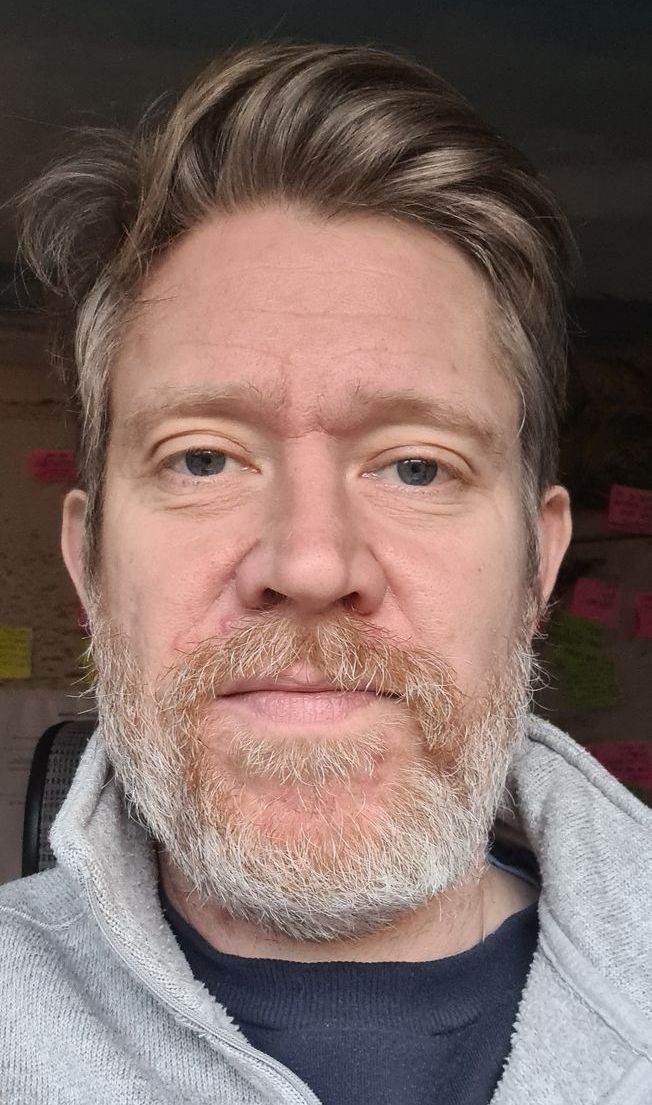
Tip One
Remember for a traditional story a Beginning, Middle & End. The beginning would normally intro your main character(s) & their aims, the middle would be their journey, adventure or mission and the end would be about their conclusions and what they and we (the viewers) have learned.
Tip Two
Don't cut directly on someone blinking! Although I have seen other respected filmmakers doing this it is usually jarring & awkward!
Tip Three
A blink usually means a person has understood or heard something, so therefore it is often a good time to cut a second AFTER a blink.
Tip Four
The rule of 3 - useable for many scenarios one example of which is when setting up a location in a scene. If you choose 3 shots of things in the location it will usually set the scene better than one or two.
Tip Five
If you can 'fade' your audio between clips (even just one frame) you will find the sound feels a lot smoother.
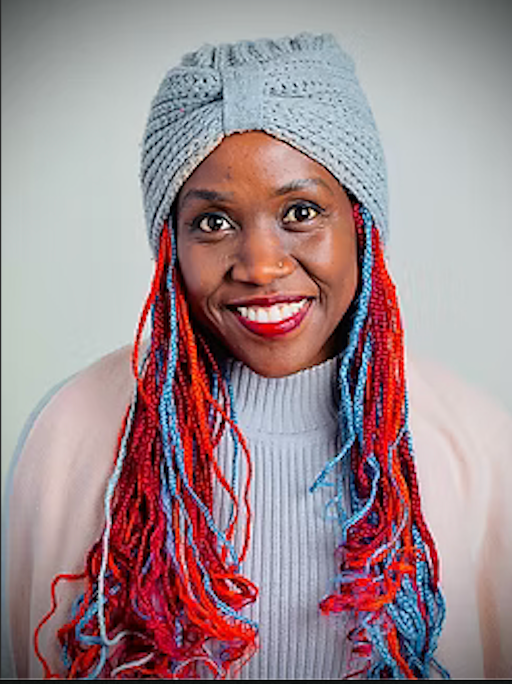
Aggie Nyagari-Salt
Producer/Directors’ Assistant
Aggie has over 10 years experience in the film and TV industry, having started off as a grip for a few months before moving into editing drama and then eventually producing, creating and directing shows and films for TV and cinema. Recently, Aggie co-produced the feature documentary film Rave On For The Avon which is currently doing cinema rounds countrywide!
Tip One
Story. Is. King.
You can have drones, a RED camera, and 10,000 lens options, but if your story sucks? So does your film. Focus on compelling characters, conflict, and stakes. Great visuals can’t save a bad script—but a great script can survive a shaky cam or two.
Tip Two
Be the Swiss Army Knife.
Especially when you're starting out, wear multiple hats. Learn a bit of editing, sound, lighting, even producing. Not only does it make you super valuable on set, it helps you speak everyone’s language — which is HUGE in this game.
Tip Three
Network… without being weird.
It’s not about throwing your showreel at someone mid-coffee. Build real relationships. Be curious. Ask questions. Follow up, don’t stalk. People hire people they like and trust — be that person.
Tip Four
Say yes to things… but know your limits.
Jump on projects that challenge you, even if they’re outside your comfort zone — that’s where growth happens. But if something feels off, underpaid, or exploitative? You’re allowed to say no. Your time has value.
Tip Five
Keep. Making. Stuff.
Perfection is the enemy of progress. Shoot that short film. Make that reel. Post that test footage. You don’t get better by thinking about it — you get better by doing. Over and over. Even if it’s messy.
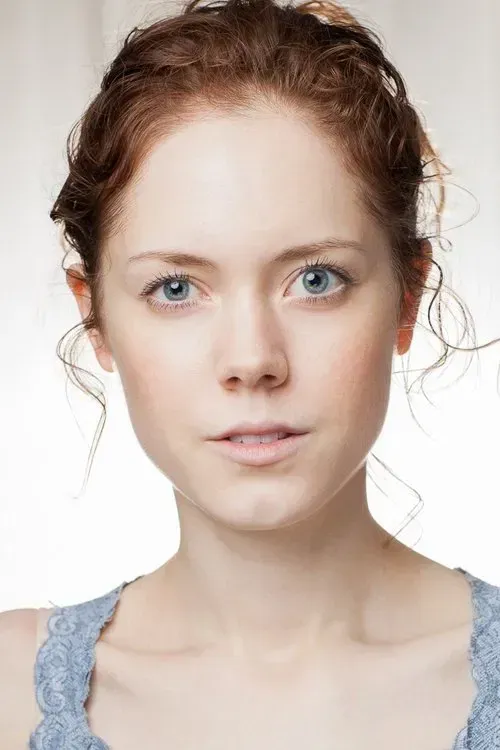
Katherine Press
Actor
Katherine has credits ranging from TV drama to West End theatre to Marvel movies. Audiobook narrator of over 100 titles, including NYT bestsellers, Margaret Atwood's 'The Testaments' for BBC Radio 4, and the unabridged 'Jane Eyre' for BBC Sounds. Award-winning, BFI-funded filmmaker and member of BAFTA Connect.
Tip One
Use restrictions as creative inspiration. If you've only got one location to film in, or only two actors to work with, that can really help spark an idea - what can you do with the resources you have available?
Tip Two
Stay true to you. It's great to be aware of your audience, but don't lose touch with your reasons for creating in the first place, and the stories you want to tell.
Tip Three
Watch and read as much as you can, but remember to leave space and time for your own ideas to develop too. Some of my favourite ideas have popped into my head on dog walks!
Tip Four
Filmmaking is a team effort. Surround yourself with people who are as excited about the project as you are - if everyone brings their own unique talents to the table, there'll be no stopping you!
Tip Five
There's no substitute for getting stuck in - experiment, make mistakes, and have fun!
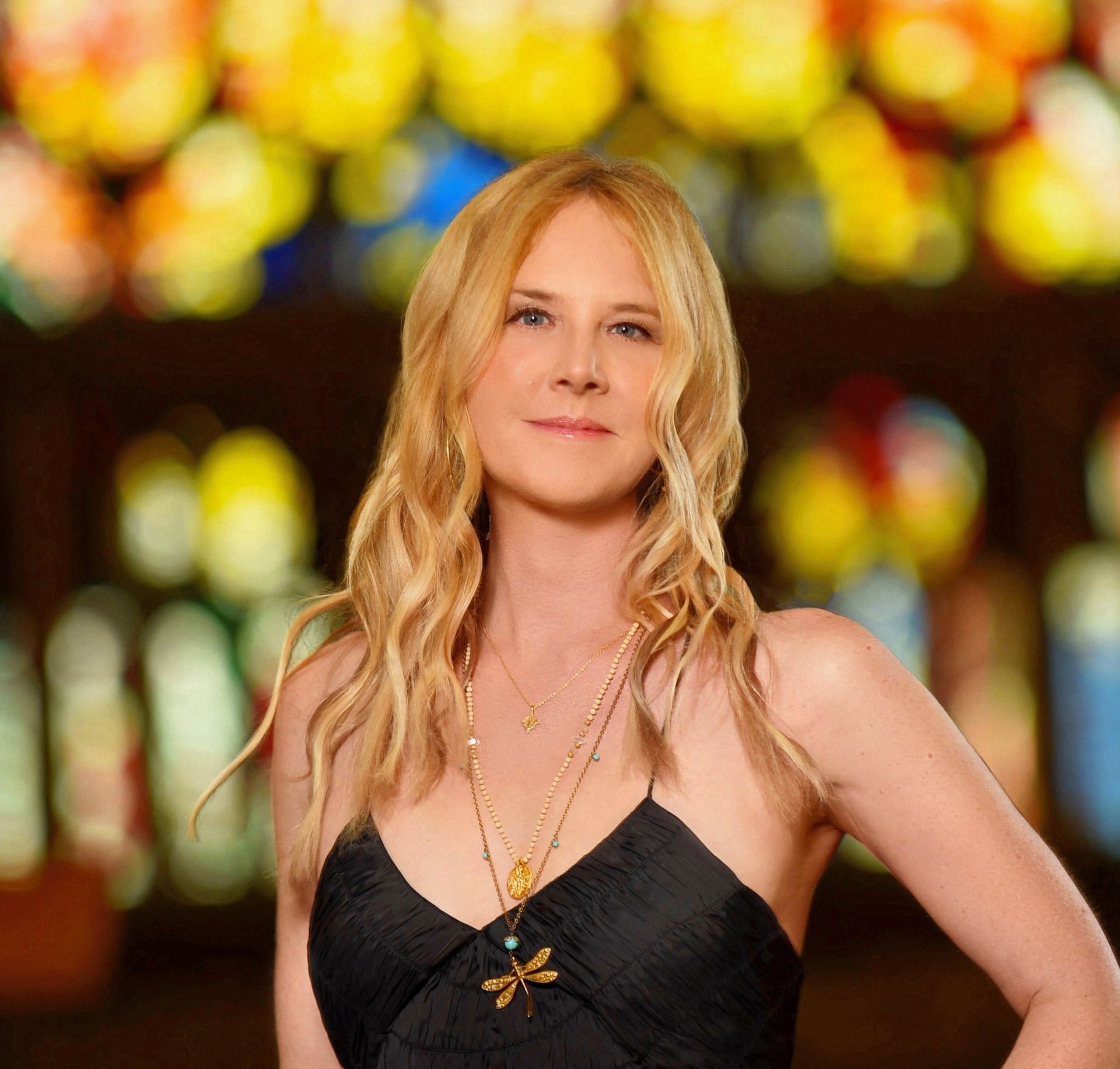
Sarah Class
Musician, Composer for TV and Film and Singer/Songwriter
Award winning, BRIT and Emmy nominated Sarah Class is a distinguished British composer renowned for her evocative scores in film and television, including acclaimed productions such as the BBC's "Africa" series, narrated by Sir David Attenborough. In 2023 Sarah was commissioned by HM King Charles to write a special piece for the Coronation.
Sarah also has the legendary Sir George Martin as her mentor.
Tip One
Be tenacious
When you are starting out, and even beyond, strength and polite persistence in looking for work will pay off eventually. Never give up. It’s a tough world out there and you may get many a ‘no’ before you get that one ‘yes’ which will open the door to your career and the next steps!
Tip Two
Follow your intuition from your heart centre (not brain).
If something doesn’t feel right, it most probably isn’t. This is in all areas of your career and life, not least whether you should save the last four hours of work you’ve meticulously crafted on your laptop!
Tip Three
Be creative and show true development of themes.
Music tells stories, it has to build and grow. When creating your showreel or any piece of music, keep the ear interested by developing your themes using different instruments or modes. Contrast and colour in music is extremely important as is pace and rhythm.
Tip Four
Write closely to picture
When writing a score for any visuals, it’s key for impactful score writing and filmmaking to write very closely to the action. This is important particularly in areas where there are hit points eg. in chase sequences, or fight sequences to highlight drama . But at the same time not to overwrite and consider silence also. The spaces in between each cue are as important as the music so try to let the film breathe by giving space for the narrative and sound effects as well.
Tip Five
Trust
Trust the process, and trust yourself. Be yourself, and keep faith, in your abilities. You have something to offer so don’t give up when things seem a little bit tough. Find another way and keep going. Just when you may feel you are at your darkest hour, the dawn is already breaking through the other side!
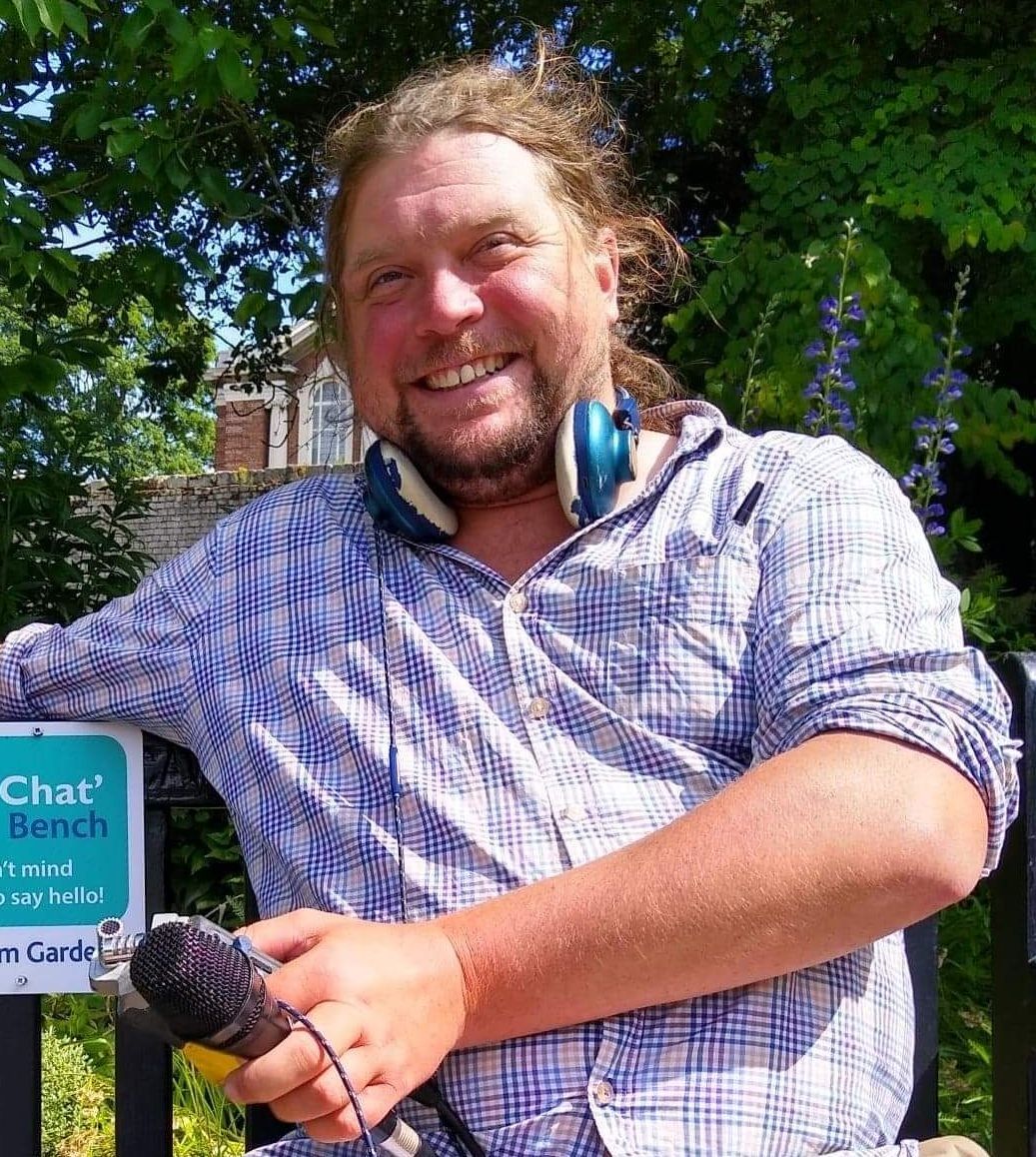
Jez Russell
Sound Recordist and Engineer
Jez has worked on projects including podcasts, short-films, and also provides live sound production to venues and artists. His first passion was radio, but was bitten by the film bug when he took part in the 48 Hour Film Challenge - the adult pro version!
The pressure to get the project completed to such a tight deadline, often with a team of people you've never met - the team working and camaraderie he found thrilling. He's now very excited to be able to introduce his daughter to the excitement!
Tip One
Spend time listening in everyday life. Stop sometimes and just listen to what you can hear. You might be in your garden at night-time, walking in the forest, in a train station, or a suburban street; but when you stop and listen there will be more sounds than first meet the ear. Try doing the same with a portable recorder and a pair of over ear cans to enhance the experience.
Tip Two
Take all the opportunities you can, but don’t spread yourself too thin.
If you get a chance to record sound for a local or community radio station, take it.
If you get the opportunity to mix a band at your school fair or a local community concert, take it.
If your friend asks you to help mix and master their podcast, do it.
All experiences are good. Ideally you’ll get paid for your time and your work, but make sure that when you work for free or below rate that you get fully credited.
Tip Three
Have the confidence to shout ‘cut’ and force a scene re-set if the sound isn’t right.
Don’t let a bad audio take continue - it will save you time in the long-run and mean that you won’t end up working with sub-optimal audio in post-production.
Tip Four
Always enjoy your favourite TV shows, films, and computer games - but also listen to them with a critical ear. Think about why and how the sounds have been used; dialogue, foley, ambience, music etc… ask yourself whether it works, would you do it differently?
Tip Five
Remember that whilst film and TV are visual media, sound is still as (if not more) important than the pictures. Those reading this that remember CRT TVs will know that when the picture was distorted you’d still watch if the sound was good, but if the sound was poor you’d turn straight off even if the image was crystal clear.
Camille O'Sullivan
Camille O'Sullivan is a singer/actress who is known for her interpretations of the songs of Nick Cave, Brel, Waits, Bowie, Radiohead and more.
The Daily Telegraph recently voted her one of the top 25 performances ever on Later with Jools. Recent acting roles include Countess Markievicz in RTE’s major drama Rebellion and Jamie Thraves film “Pick Ups” alongside Aidan Gillen. For Shakespeare’s anniversary she was filmed for The Guardian online as Constance. She was chosen by Yoko Ono to perform Double Fantasy Live at Meltdown Royal Festival Hall alongside Patti Smith and Sean Lennon.
